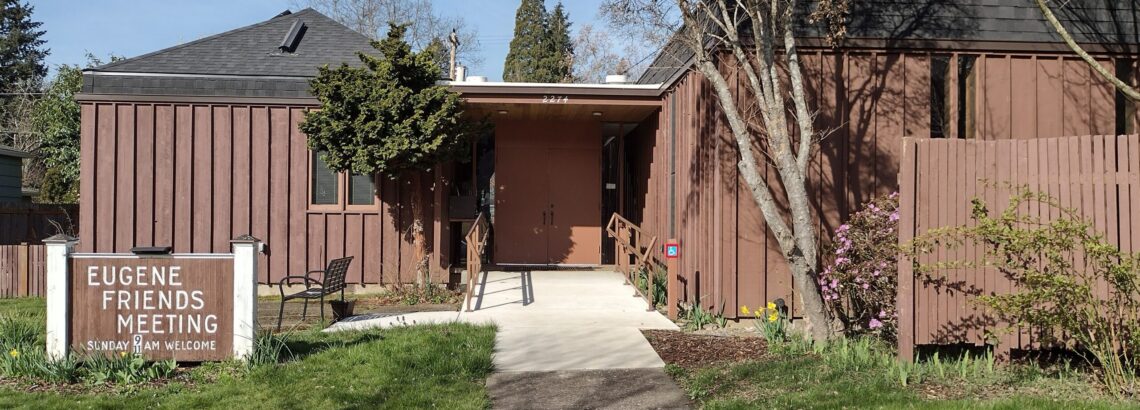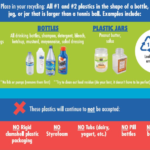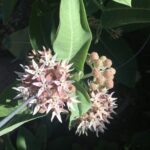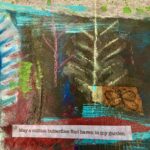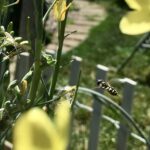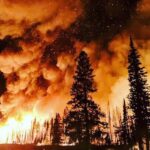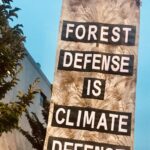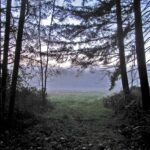Plastic recycling
As I said earlier, over 90% of the plastic we produce is not recycled. But why is that? We have all the recycle symbols, and we are all doing our part to sort out plastic and find places to recycle it, so what’s the problem? An Oregon Public Broadcasting article explains: Waste management experts say the problem with… (read more)
